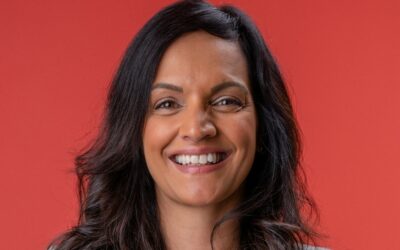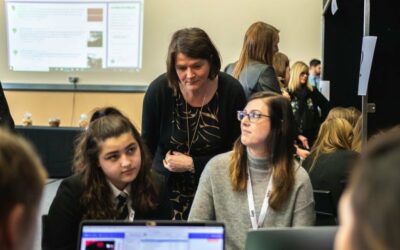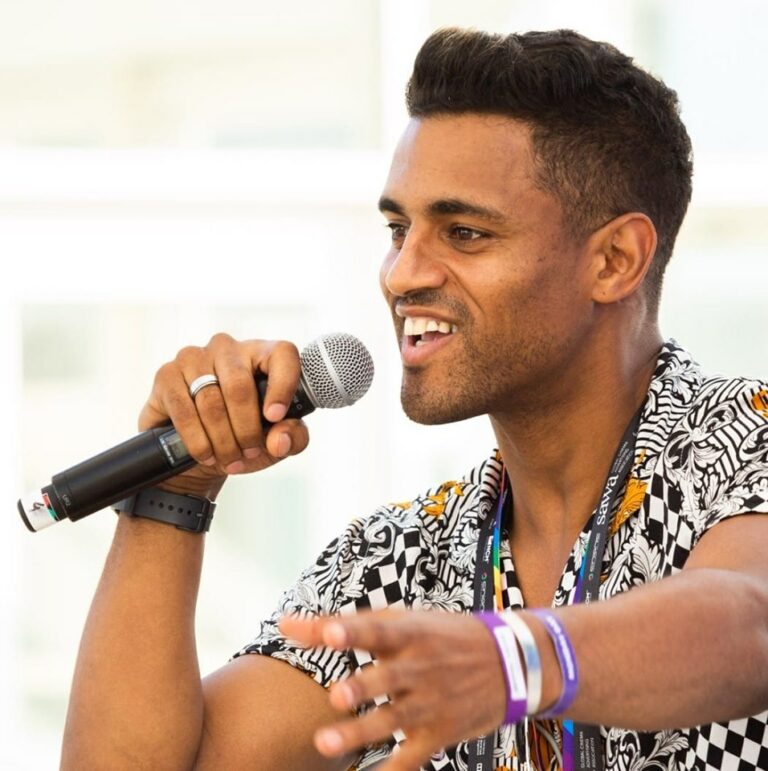This year, Christopher Kenna, CEO and Co-founder of Brand Advance, was shortisted for Entrepreneur of Excellence at the National Diversity Awards, hosted in the Liverpool Anglican Cathedral.
The annual awards celebrate those companies enhancing equality, diversity and inclusion and the individuals working hard to widen opportunities for all. Kenna, who founded Brand Advance in 2018 and has also been shortlisted for Chief Executive of the Year at the Inclusive Companies Awards 2019, discusses the inspiration behind creating the business – the first diversity-driven global media ecosystem connecting brands with diverse audiences globally.
Mid-way through an especially busy year for Brand Advance, one of the highlights so far for me has been taking to the stage at the WFA forum at the recent DMEXCO conference in Cologne.
Side-by-side with the marvellous Jerry Daykin, EMEA Media Director at GSK, we told a room full of senior brand-side marketers that thanks to current keyword blocking requests from both brands themselves and their agencies, it’s likely their communications were invisible to gay, lesbian and even BAME audiences online. There was an audible intake of breath, and no small amount of shock at news of such a widespread exclusion.
This is all down to the current responses to Brand Safety in digital marketing, which takes a blanket approach to content on keyword terms including ‘gay’, ‘lesbian’, ‘hood’, and ‘interracial’ – in case ads turn up next to unsuitable content.
This blanket ban means that large swathes of valuable audiences are effectively being missed by brand campaigns – and all in brand-safe and highly reputable media channels.
Doing it right
There’s a longstanding lack of engagement, and Brand Advance was set up due to our desire to support the media which serve these communities. As the advertising and media communities wake up to the power and dynamism of the LGBTQ+, BAME and disabled communities, we connect brands with diverse audiences.
Here’s how we achieve authentic engagement. Our in-house creative team works closely with brands and agencies, and tests every single piece of creative against 10 representatives from the community in question. Seven of these 10 must say a piece of creative is OK, or it simply never goes live.
This approach really shouldn’t be groundbreaking, and yet it seems to be. It involves well-used techniques which companies have deployed for decades when planning campaigns to reach other audience groups.
To me, the fact that so many businesses have been overlooking the value of the LGBTQ+, BAME and disabled pounds is astonishing. Recent studies have calculated that in the UK alone, these audiences wield a massive £81 billion, £300 million and £250 billion in spending power respectively.
This also takes an umbrella look at these groups – but just as you wouldn’t attempt to reach different ethnic groups with a blanket ‘BAME’ approach, the LGBTQ+ communities are just as diverse in terms of what might appeal to the nuances of culture in lesbian, gay, bisexual and other audiences. Take it from me: tokenistic, skin-deep or the kind of LGBTQ+ ‘tick-box’ marketing that’s creeping into some creative work just won’t wash with these audiences when it comes to effectiveness.
Putting a gay male couple in one advert does not equate to diversity, or earn any brand the right to call itself diversity-driven.
Innovative new engagement approaches
We’re inundated with requests from household name brands eager to connect properly with diverse audiences, which tells me that brands have also realised the potential these communities offer, and that we’re seeing innovative new approaches to engage with these long-overlooked cultures. We’ve just been involved with the London Queer Fashion Show for a client, and seeing brands like Zalando embrace this audience so wholeheartedly with their sponsorship is tremendous.
After the year we’ve experienced at Brand Advance, the kinds of approaches we’re encountering and the campaigns we’re becoming involved in, it’s heartening to see that companies aren’t just woke, they are waking up to the value of people just like me, and my communities.










